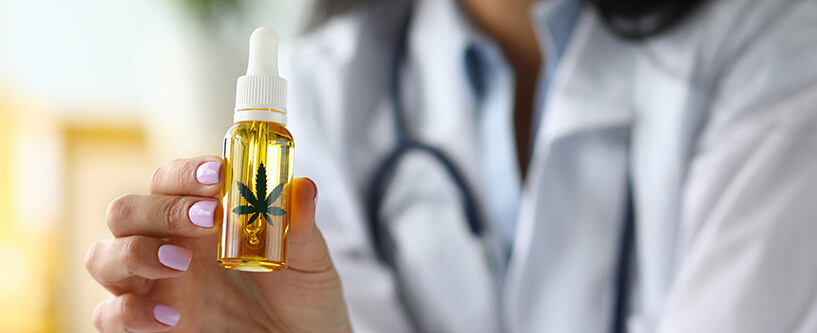On November 12, 2020, Decree No. 883/2020 (the “Decree”) of the National Ministry of Health (the “Ministry”) was published in the Official Gazette regulating Law No. 27,350 regarding the medicinal use of the Cannabis plant and its derivatives.
Among the main matters introduced by the Decree, it is worth mentioning:
- The derogation of the former Decree No. 738/17: by means of this decree and its complementary regulations the access to Cannabis oil and its derivatives was only permitted for patients with refractory epilepsy. The new Decree allows access to treat other diseases.
- The authorization of controlled cultivation of Cannabis and its derivatives “for itself, through a family member, a third person or an authorized civil organization”: the Registry of the Cannabis Program (“REPROCANN”) will register all those patients under medical, therapeutic and/or palliative treatment of pain who receive authorization from the Ministry. Patients’ personal data will be confidential in accordance with the Data Privacy Law No. 25,326 and complimentary regulations.
- Authorization for the commercialization of “master formulations” of Cannabis by authorized pharmacies: patients with a medical prescription may acquire products produced in the country, imported from abroad which shall be duly registered with the health authorities and “master formulations” from authorized pharmacies.
- Free treatment and coverage: the State shall provide free treatment to those patients with medical indications for the use of the Cannabis plant and its derivatives who are under public health coverage exclusively. Otherwise, the coverage must be provided by the social security entities and Health Insurance Agents of the National System, the other social works and organizations that are created or governed by national laws, and the private sector through the companies or entities that provide prepaid medicine services.
- The creation of a network of associated public and private laboratories who shall guarantee the control of the derivatives produced, providing a balanced response between the right of access to health and health security.
- The regulation of the already existing “NATIONAL PROGRAM FOR THE STUDY AND RESEARCH OF THE MEDICINAL USE OF THE CANNABIS PLANT, ITS DERIVATIVES AND NON-CONVENTIONAL TREATMENTS” (the “Program”), determining new objectives, among which are:
- Promote research carried out by the National Council for Scientific and Technical Research (CONICET), other scientific and technical organizations, universities, civil society organizations, scientific societies, academic institutions, national, provincial and municipal, related to the therapeutic and scientific purposes of the Cannabis plant and its derivatives.
- Generate work spaces and voluntary participation of key actors involved in the matter and users of the Cannabis plant and its derivatives, for the design of training strategies and promotion of integrated health care.
- Promote research in order to generate quality scientific evidence that allows patients to access the Cannabis plant and its derivatives safely.
- The regulation of the already existing “HONORARY ADVISORY COUNCIL” (CCH): it will function within the scope of the Ministry and will operate as a space for consultation and active participation of the civil society regarding the medicinal use of the Cannabis plant and its derivatives.
To summarize, the Ministry seeks to differentiate from the old regulation, by making access to Cannabis oil and its derivatives more flexible, enabling controlled self-cultivation and aiming to guarantee a timely, safe and inclusive access.
Finally, the Decree provides for greater interaction with the private sector. In this sense, the Decree establishes that the Ministry will be able to subscribe agreements and coordinate actions with academic-scientific institutions and private organizations that address the subject matter. Likewise, the President of the HCC may summon private entities to participate in an advisory capacity on measures to be taken in relation to the Program.
This report should not be considered as legal or any other type of advice by Allende & Brea.


